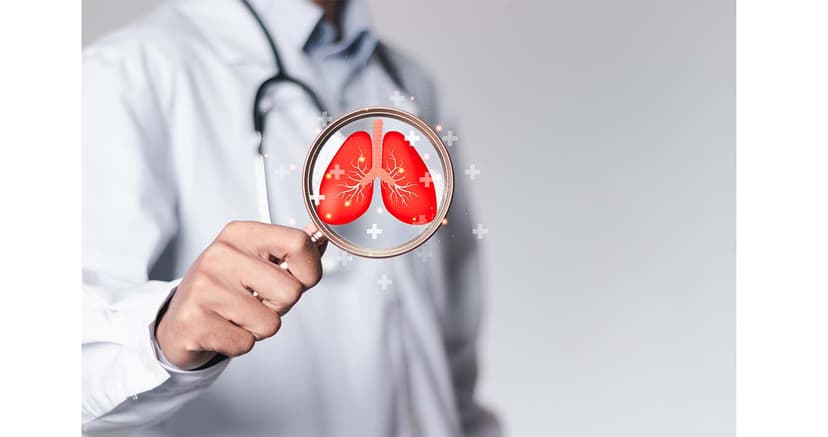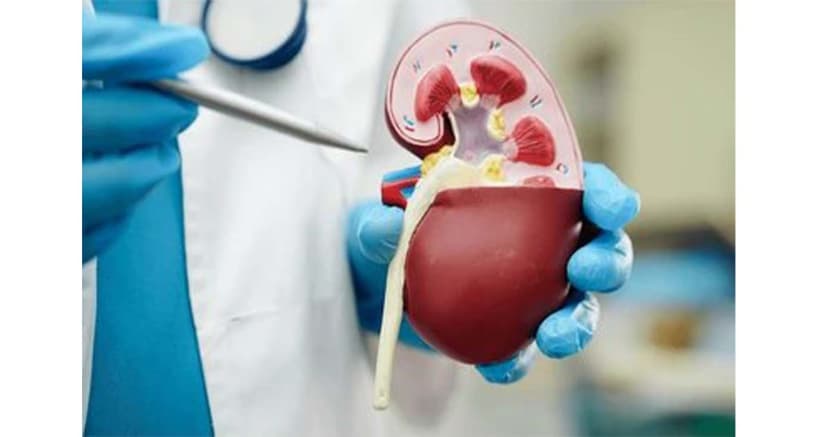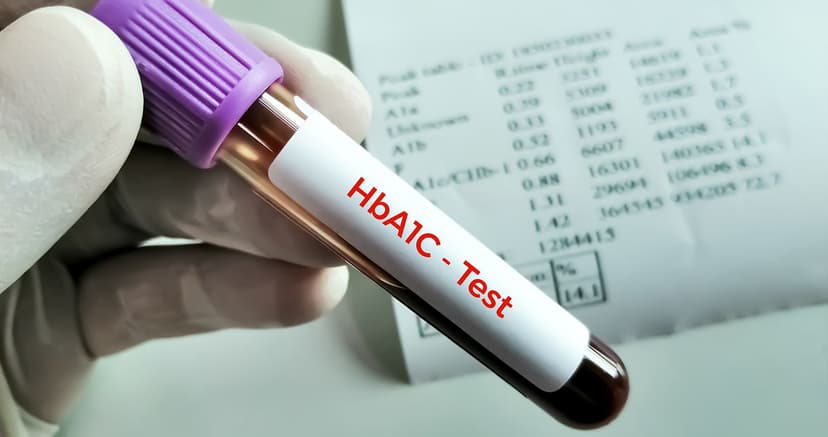Antimicrobial Resistance: A Growing Threat and How to Combat It
By:

Apex Hospitals
22-11-2024

Imagine a world where treating infections in humans, animals, and plants becomes nearly impossible. This alarming scenario could become a reality as bacteria, viruses, fungi, and parasites evolve to resist the drugs designed to combat them. Known as antimicrobial resistance (AMR), this phenomenon has emerged as one of our most urgent health challenges. While solutions are available, combating this global threat requires collective action from every individual and sector.
Antimicrobials have improved human and animal health for decades, enabling longer and healthier lives. However, their effectiveness is severely threatened as microbes previously susceptible to these drugs develop resistance. Due to dwindling treatment options, this has led to the rise of "superbugs"—highly resistant pathogens that challenge healthcare providers, veterinarians, and other professionals. As a result, once-manageable infections are becoming increasingly difficult to control, leaving both humans and animals vulnerable.
AMR is reversing decades of medical progress and has become a leading cause of death globally, with far-reaching consequences beyond health. It threatens food security, livelihoods, and the global economy, impacting every aspect of life. Without urgent intervention, routine medical procedures, surgeries, and agricultural practices could face severe setbacks.
This silent pandemic requires immediate attention and action. Public awareness of AMR remains limited, underscoring the need for education, policy changes, and innovation. Preventing the misuse of antibiotics, investing in research for new treatments, and promoting hygiene and vaccination are critical steps to combat this growing threat. Antimicrobial resistance is a shared challenge, and addressing it effectively demands collective effort—because the cost of inaction is too high to bear.
What Is Antimicrobial Resistance?
Antimicrobials, a vital class of medicines including antibiotics, antivirals, antifungals, and antiparasitic, play a crucial role in preventing and treating infectious diseases across humans, animals, and plants. These medicines have been instrumental in safeguarding global health, agriculture, and food systems.
However, the growing threat of Antimicrobial Resistance (AMR) undermines their effectiveness. AMR occurs when bacteria, viruses, fungi, and parasites adapt to these medicines, rendering them ineffective. As drug resistance develops, infections become more complex or even impossible to treat, leading to increased disease transmission, prolonged illnesses, disability, and higher mortality rates.
While AMR is a natural phenomenon driven by genetic changes in pathogens, its rapid emergence and spread are fuelled mainly by human activities. Misuse and overuse of antimicrobials—whether to treat, prevent, or control infections in humans, animals, or plants—accelerate resistance. Over-prescription, improper dosage, and non-therapeutic use in agriculture further exacerbate the problem, threatening global health and sustainability.
Addressing AMR requires urgent action through responsible antimicrobial use, enhanced stewardship, and innovation in medicine development, ensuring these life-saving treatments remain effective for future generations.
The Causes of AMR
The rise of AMR is primarily driven by:
1. Overuse of Antimicrobials: Excessive use of antibiotics in humans, animals, and agriculture accelerates resistance.
2. Misuse and Improper Prescriptions: Incorrect dosages, incomplete courses, or using antimicrobials when not needed contribute to resistance.
3. Poor Infection Control: Inadequate hygiene and sanitation in healthcare and community settings promote the spread of resistant strains.
4. Global Travel: Increased mobility allows resistant organisms to spread across borders rapidly.
The Impact of Antimicrobial Resistance
A Growing Health Crisis
Without effective antimicrobials, many routine medical procedures and surgeries become high-risk. For example:
- Post-surgical infections: Patients undergoing standard procedures could face life-threatening complications.
- Cancer treatments: Chemotherapy weakens the immune system, leaving patients vulnerable to infections that may become untreatable.
- Transplant surgeries: Organ transplant recipients are particularly at risk of infections that could be fatal if antibiotics fail.
How to Combat Antimicrobial Resistance
Addressing AMR requires coordinated global action. Here’s how we can tackle this crisis:
- Avoid self-medication and always follow prescribed courses.
- Doctors must prescribe antibiotics only when necessary and ensure proper dosages.
1. Promoting Rational Use of Antimicrobials
- Adopting robust hygiene and sanitation practices in healthcare settings.
- Encouraging handwashing, vaccination, and safe food handling to reduce infection rates.
2. Enhancing Infection Prevention and Control
What Can You Do?
As individuals, we all have a role to play in combating AMR. Here are some actionable steps:
- Practice Good Hygiene: Wash hands regularly, especially before eating or after being in public spaces.
- Follow Prescriptions: Take antibiotics exactly as prescribed and complete the course.
- Vaccinate: Stay updated with recommended vaccines to prevent infections.
- Spread Awareness: Educate friends and family about AMR to encourage responsible behaviour.
The Road Ahead
Antimicrobial resistance is a formidable challenge, but it’s not insurmountable. Through collective effort—spanning individuals, healthcare providers, policymakers, and industries—we can slow the spread of resistance and safeguard the effectiveness of antimicrobials for future generations.
By taking proactive measures today, we protect ourselves and create a healthier, more resilient world for tomorrow. Remember, every small step counts in the fight against AMR. Let’s act now!
Are you concerned about antimicrobial resistance or want to learn more about prevention? Contact Apex Hospitals for expert guidance and support in maintaining your health and combating this growing threat.
FAQS
Related Articles
Connect With Us
Health In A Snap, Just One App.
KNOW MORE



































































































